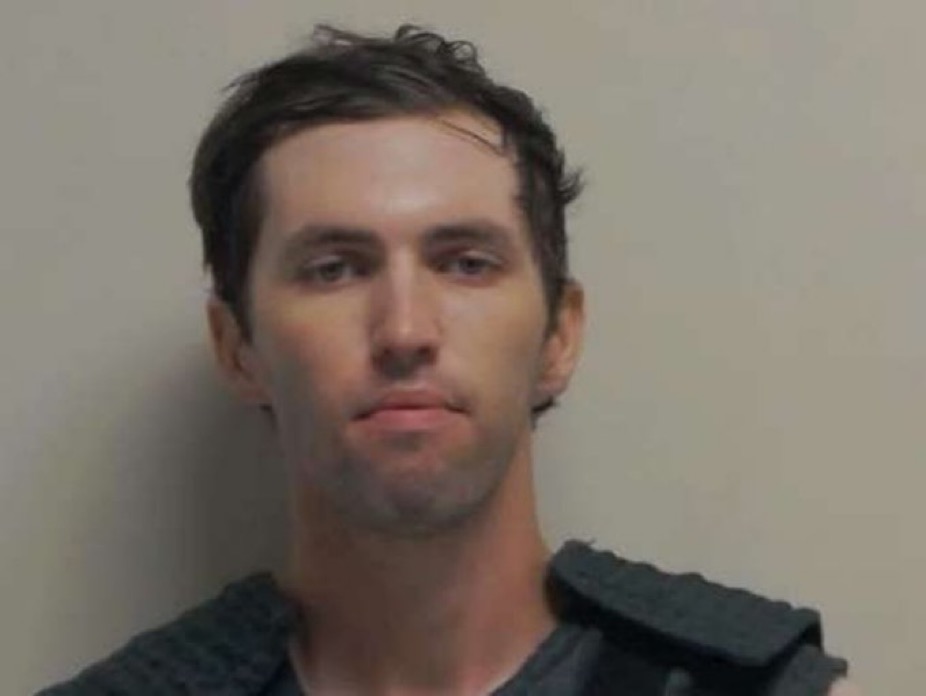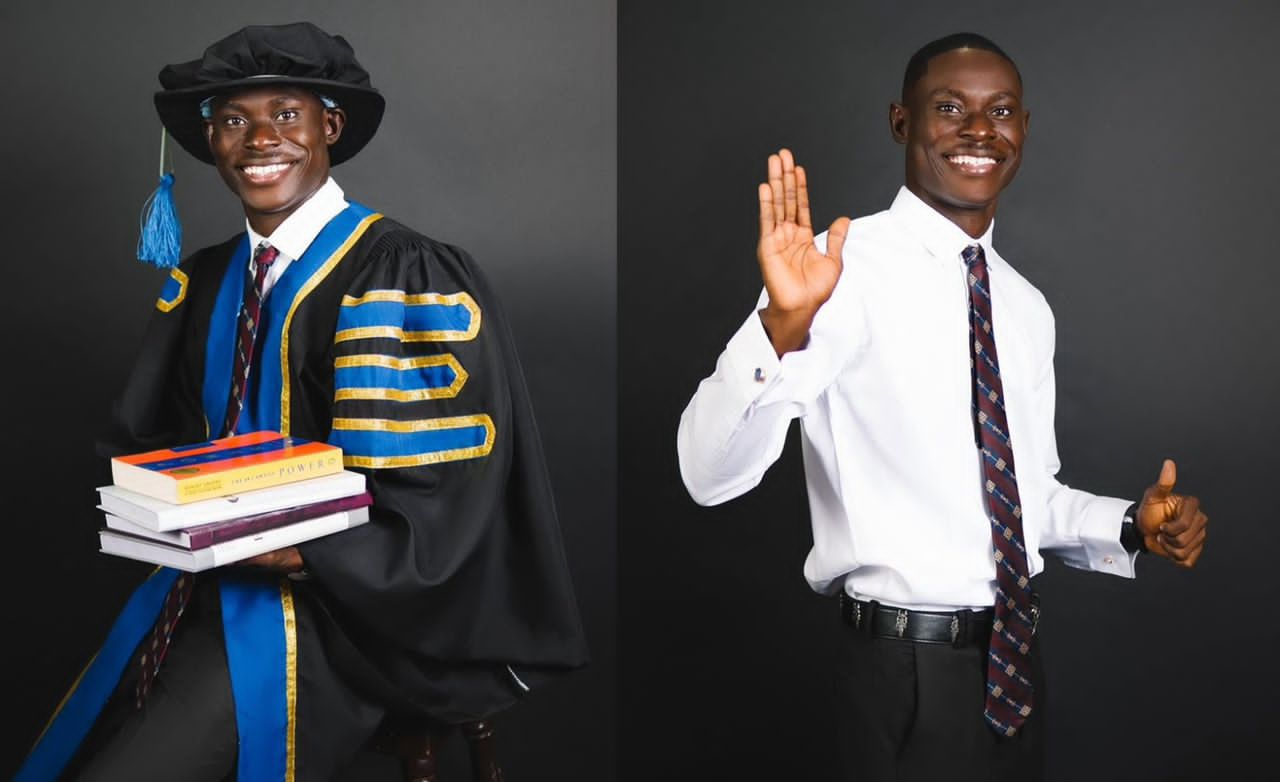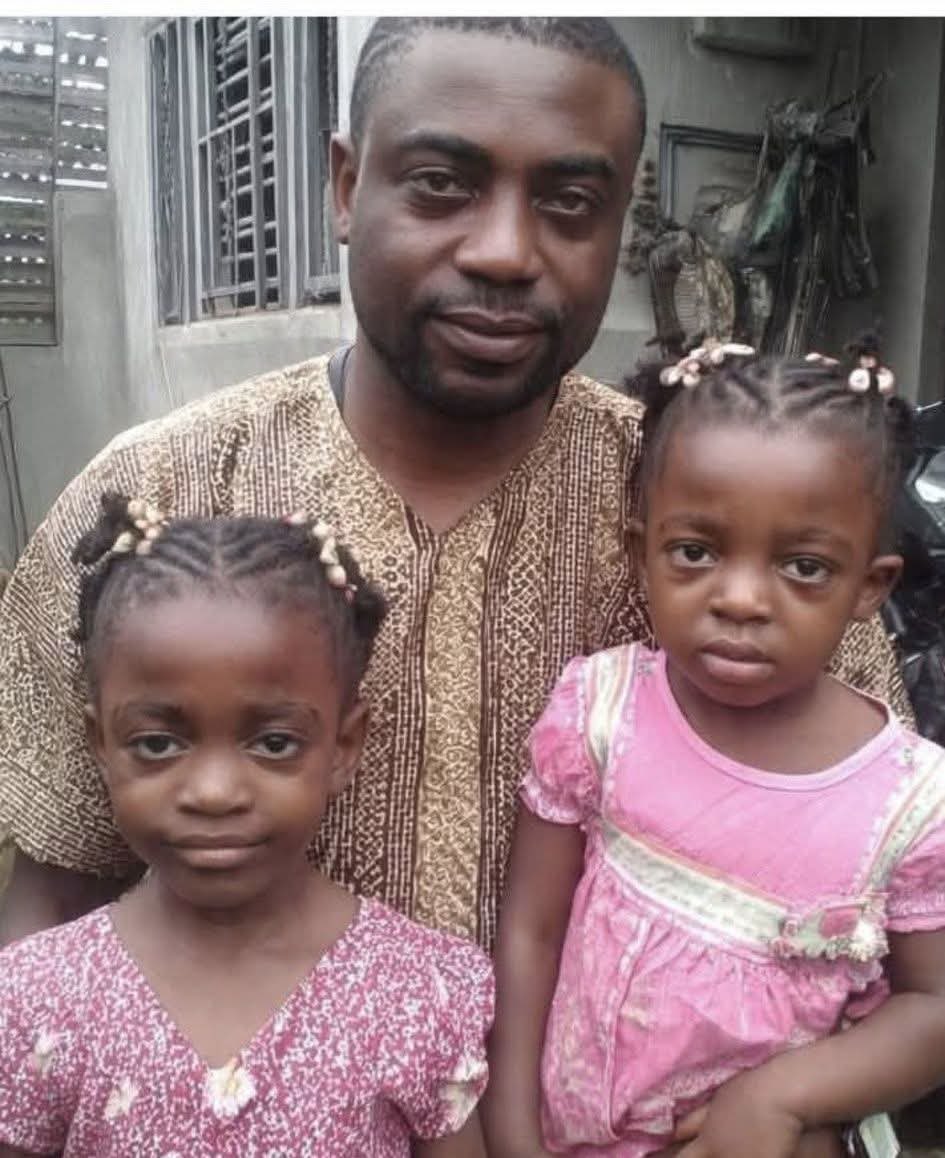
The Chilling Fall of Tyler Robinson: The Shooter Behind Charlie Kirk’s Mugshot Scandal Unmasked

The United States has once again been shaken by a story that feels more like a script out of a crime drama than real life. The mugshot of Tyler Robinson, the man now identified as the shooter in the incident involving conservative commentator and activist Charlie Kirk, has been released to the public, and the details surrounding his arrest are as shocking as they are unsettling. The young man who now sits in custody, face hardened and eyes heavy in his mugshot, is not only being talked about for the crime itself but also for the way he was brought to justice—turned in by none other than his own father. The case has quickly spiraled into a national talking point, raising questions about loyalty, morality, political violence, and the growing wave of extremism that continues to gnaw at the seams of American society.
When the mugshot was first made available to the press, it instantly went viral. Tyler Robinson, a 27-year-old whose background has already begun to be dissected by investigators and journalists alike, does not look like the face of someone who would become the center of such a storm. Yet there he was, glaring into the camera with a mixture of defiance and resignation, his image splashed across headlines and social media timelines nationwide. The photo has been scrutinized endlessly, with people analyzing everything from his expression to his posture, as though it might hold some hidden clue about what pushed him to such a violent act. But the real shocker wasn’t just the release of the mugshot—it was the revelation that Robinson’s father had made the difficult, gut-wrenching decision to turn his son over to authorities.
According to preliminary reports, after the shooting incident that left Charlie Kirk and those around him in grave danger, law enforcement quickly began piecing together evidence that pointed to Robinson as the key suspect. For days, there had been whispers and speculation about who the shooter might be, but Robinson’s name only surfaced after his father reportedly recognized signs that his son was connected to the crime. Sources close to the family have described the father as a man deeply torn between love for his child and his duty to the law, but ultimately, he made the decision that few parents could imagine making. He contacted authorities and provided the critical information that led to his son’s capture, a move that has been described as both courageous and heartbreaking.
The emotional weight of such a decision has sparked conversations online about morality, loyalty, and what it truly means to do the right thing. On one hand, some commentators have praised Robinson’s father as a hero, someone who put the safety of the public above personal attachment. On the other, there are those who question whether turning in his own child was the only path forward, highlighting the almost unbearable complexity of a parent being forced into such a situation. But for the law enforcement agencies tracking Robinson, the father’s actions were the breakthrough they needed, a crucial moment that prevented further bloodshed and ended the hunt for the shooter.
As the story develops, attention has also turned to Robinson’s motives. While official statements remain cautious, speculation has run wild on social media platforms where theories range from personal grudges to politically motivated extremism. Charlie Kirk, known for his outspoken conservative stances and as the founder of Turning Point USA, has long been a polarizing figure, admired by his supporters and fiercely criticized by his opponents. Some are already framing the shooting as another act of politically fueled violence in a country that has seen a sharp increase in attacks, threats, and polarization in recent years. Analysts warn that regardless of Robinson’s exact reasoning, the case highlights the dangerous environment of radicalization that continues to thrive both online and offline.
The mugshot itself has now become a symbol in this unfolding saga. To some, it represents the face of extremism unmasked. To others, it’s a tragic image of a young man whose life, choices, and anger have led him down a path of no return. Memes, commentary, and debates have flooded the internet, but beneath the sensationalism lies a sobering reality: lives have been forever altered by one violent act. Charlie Kirk, who has so far remained silent as the legal process unfolds, is expected to release a statement soon, and many wonder whether he will use the platform to address not only the attempt on his life but the larger issue of political hostility that seems to be spiraling out of control.
For the Robinson family, however, the story is even more painful. Behind the headlines and the political angles is a father who has watched his son cross a line that can never be undone, and who then had to make the unbearable choice of delivering him into the hands of the very authorities who now prepare to prosecute him. Family acquaintances have described the Robinsons as an ordinary household, never the type to be at the center of such a scandal. Yet now, their name is tied to one of the most high-profile criminal cases of the year, their son’s face etched into the memory of millions through his mugshot.
What happens next is still unfolding. Robinson faces a long legal process, with charges expected to include attempted murder and possession of a firearm with intent, among others. His defense team has not yet made a public statement, but it is expected that the trial will attract intense scrutiny given the political implications surrounding the victim. Prosecutors, meanwhile, appear determined to pursue the harshest penalties possible, pointing to the seriousness of the crime and the dangers posed to both Kirk and the public.
As the nation continues to absorb the shock of this revelation, the release of Tyler Robinson’s mugshot has crystallized a moment that feels both deeply personal and universally troubling. It is the image of a man accused of unleashing violence in an already divided political climate, a man whose father was forced to choose between loyalty to blood and loyalty to justice. The story has touched nerves not only because of who the victim was but also because of what it says about the state of society itself—a place where ideological divides have grown so intense that they spill over into violence, and where families find themselves caught between love and law.
Whether Robinson’s actions were born of ideology, personal vendetta, or some darker force yet to be revealed, one thing remains clear: this is a tragedy that has rippled far beyond the individuals directly involved. It has reignited debates about gun violence, political extremism, and the role of family in preventing such acts before they occur. The haunting mugshot of Tyler Robinson will remain a defining image of this case, a reminder that behind every headline-grabbing crime is a story of broken trust, shattered peace, and choices that echo far beyond the moment they are made.


